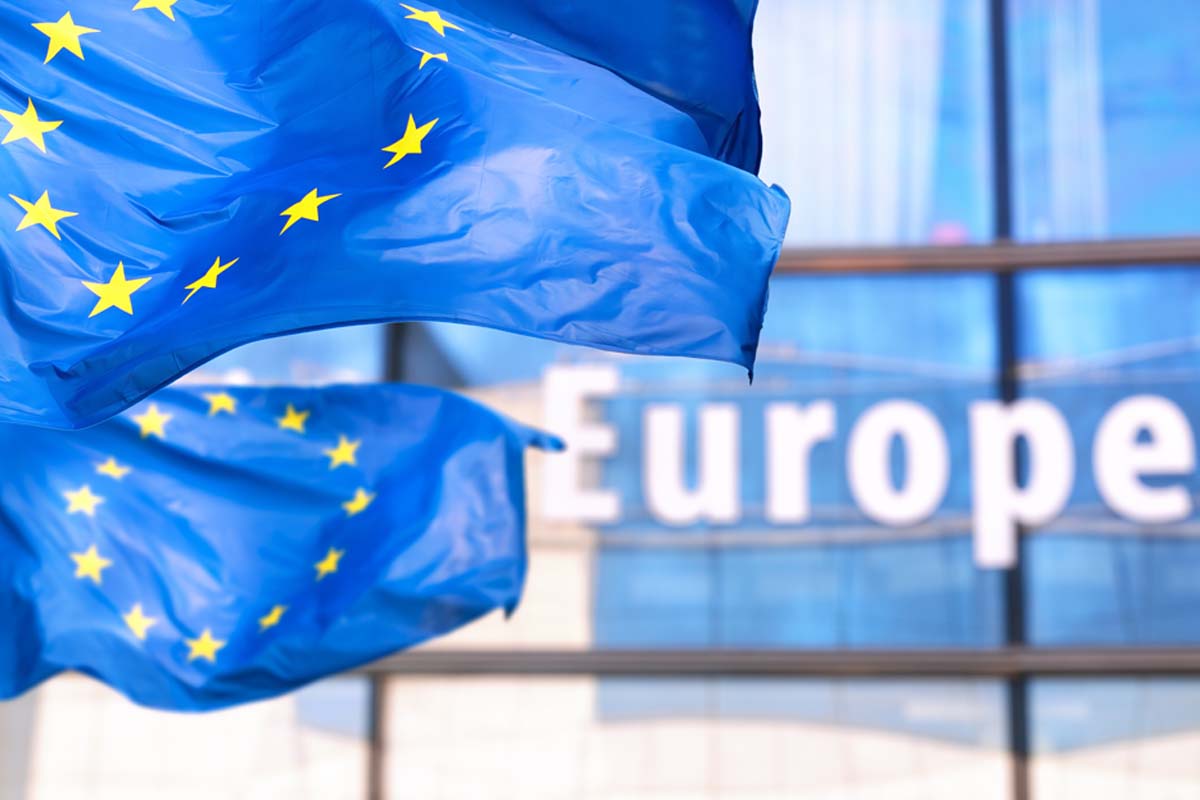Encouraging progress on EU standards – with deeper alignment the next step
Published date: 20 June 2022

Mapping the new European Sustainability Reporting Standards with the GRI Standards
Following the publication of the exposure drafts of the European Sustainability Reporting Standards (ESRS) in April – hailed by GRI as a necessary step to achieving the EU Green Deal – an analysis of the ESRS against the widely used GRI Standards is now available.
The technical mapping is GRI’s formal contribution to the public consultation on the first set of ESRS drafts, conducted by the European Financial Reporting Advisory Group (EFRAG). Providing high-level observations as well as detailed advice on each draft standard, it builds on feedback provided to EFRAG as part of GRI’s engagement in the development process. The mapping is also a welcome resource for stakeholders and companies seeking to understand how the ESRS can achieve the global convergence of disclosure requirements.
GRI is encouraged that many disclosures in the draft ESRS are closely aligned with the GRI Standards, and is strongly supportive of the ‘double materiality’ principle applied. Suggested improvements, to deepen integration with established reporting practices, enhance quality and usability and reduce reporting burden, have now been put forward.
Eelco van der Enden, CEO of GRI, said:
“GRI remains a strong supporter of moves to strengthen reporting on sustainability impacts by companies in the EU, as set out in the Corporate Sustainability Reporting Directive. We congratulate EFRAG on reaching this important stage in the development of the ESRS.
Over the past year, we have participated in the technical workstream to develop these new standards, recognizing our enabling role in the global convergence of sustainability reporting. While good progress has been made, the ESRS will benefit from deeper alignment with the GRI Standards, to ease the transition for the thousands of EU companies that report with GRI.
Looking forward, we make the offer to EFRAG and their technical expert group to continue our collaboration, in order to ensure the final ESRS are as effective as possible. Alongside GRI’s ongoing cooperation with the International Sustainability Standards Board, I am confident we can achieve the progressive and aligned reporting needed to advance corporate accountability, both in the EU and at the global level.”
On 29 April, EFRAG published the first exposure drafts of the ESRS. Since June 2020, EFRAG has been mandated by the European Commission to prepare for new EU sustainability reporting standards.
Under the EFRAG-GRI cooperation agreement, signed in July 2021, the two organizations joined each other’s technical expert groups and committed to share information and for standard setting activities and timelines to be aligned as much as possible.
The EU Corporate Sustainability Reporting Directive is introducing legislation on sustainability disclosure that will expand and replace the current Non-Financial Reporting Directive.
Research by the Alliance for Corporate Transparency (2020) indicated that 54% of EU companies use the GRI Standards (the most commonly cited framework) to meet their non-financial reporting requirements.